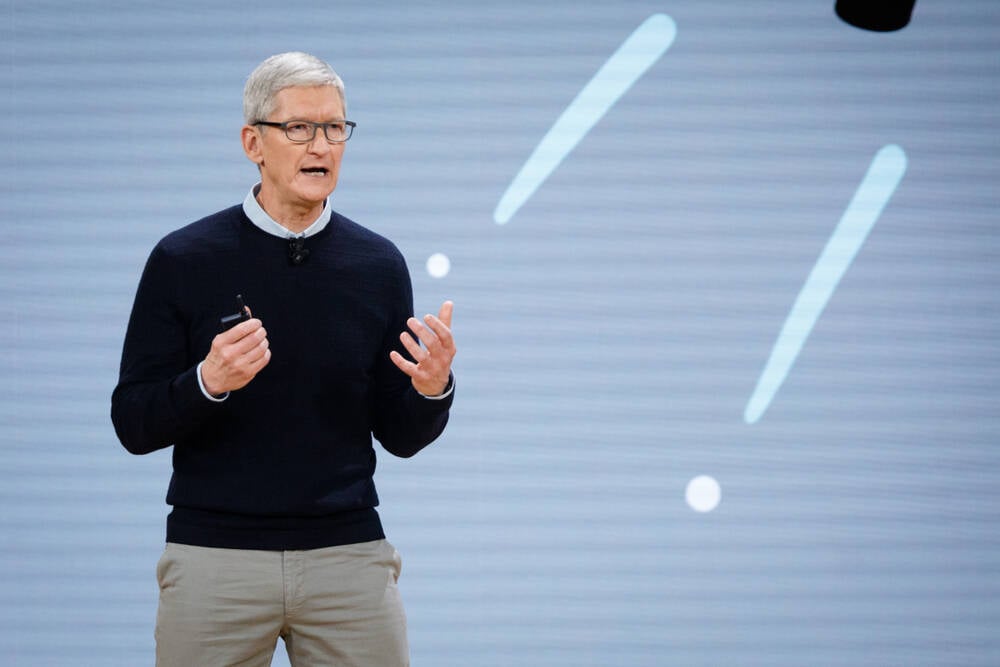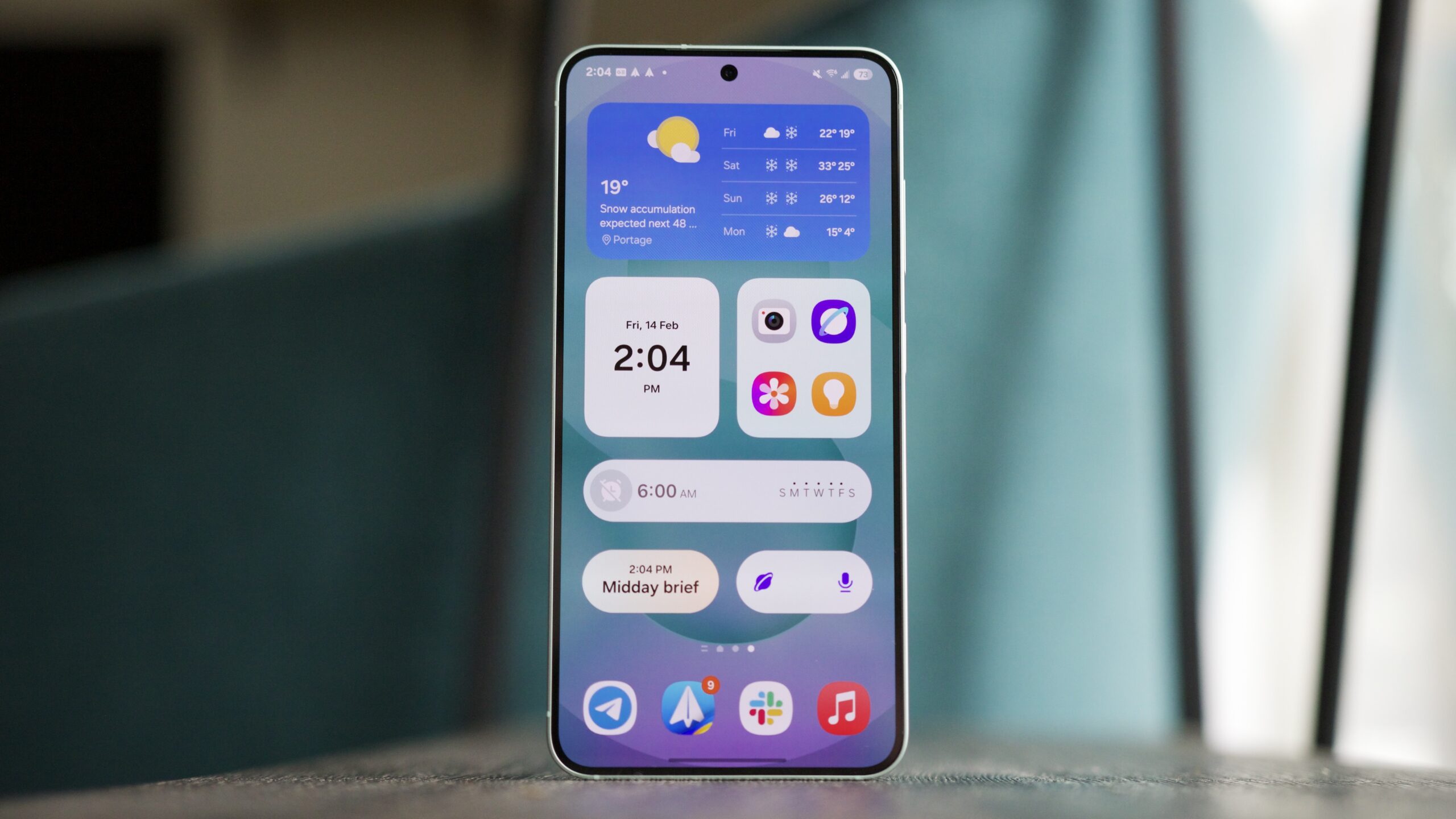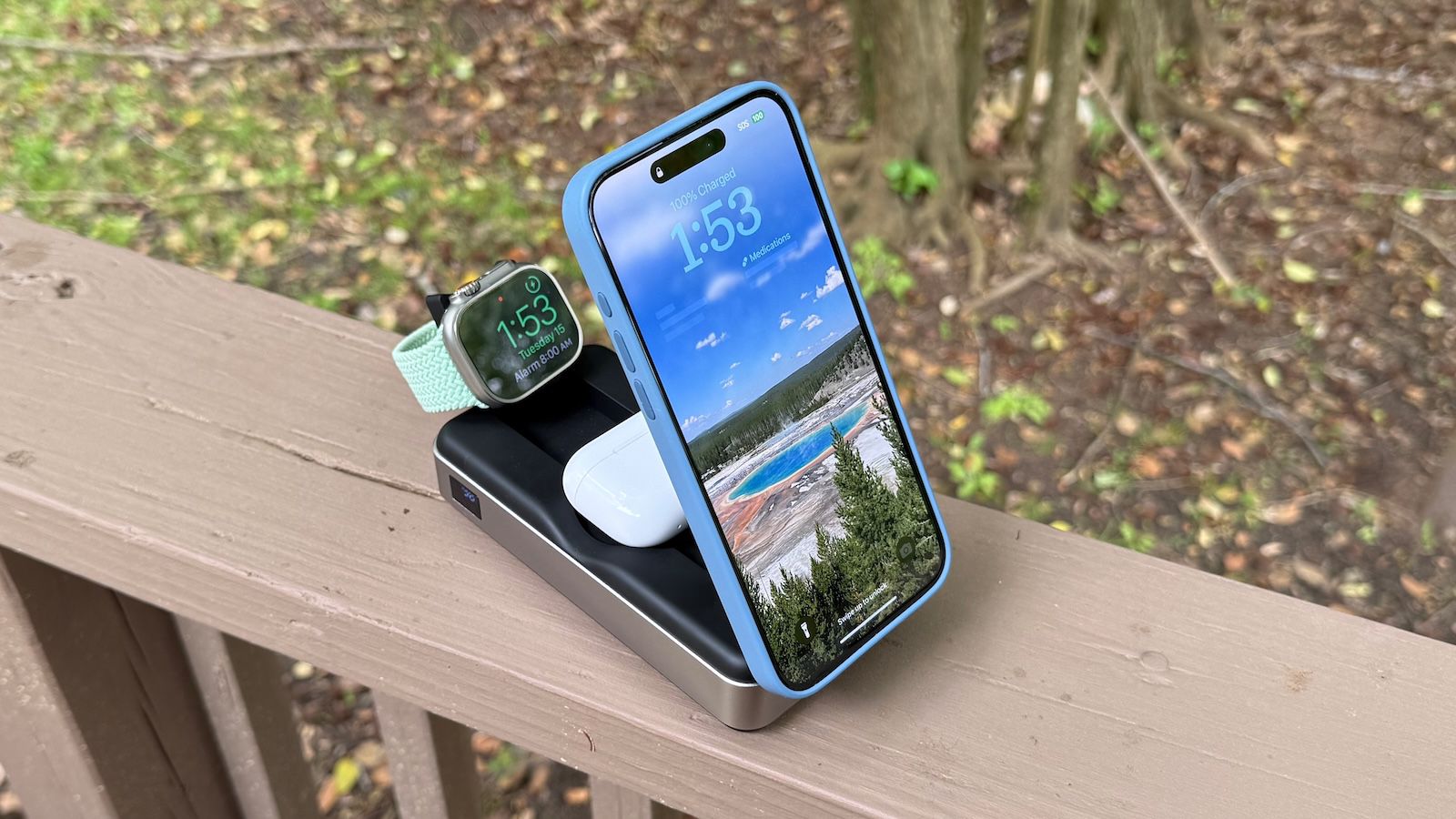Older People Who Use Smartphones 'Have Lower Rates of Cognitive Decline'
An anonymous reader quotes a report from The Guardian: Fears that smartphones, tablets and other devices could drive dementia in later life have been challenged by research that found lower rates of cognitive decline in older people who used the technology. An analysis of published studies that looked at technology use and mental skills in more than 400,000 older adults found that over-50s who routinely used digital devices had lower rates of cognitive decline than those who used them less. It is unclear whether the technology staves off mental decline, or whether people with better cognitive skills simply use them more, but the scientists say the findings question the claim that screen time drives what has been called "digital dementia". "For the first generation that was exposed to digital tools, their use is associated with better cognitive functioning," said Dr Jared Benge, a clinical neuropsychologist in UT Health Austin's Comprehensive Memory Center. "This is a more hopeful message than one might expect given concerns about brain rot, brain drain, and digital dementia." Benge and his colleague Dr Michael Scullin, a cognitive neuroscientist at Baylor University in Texas, analysed 57 published studies that examined the use of digital technology in 411,430 adults around the world. The average age was 69 years old and all had a cognitive test or diagnosis. The scientists found no evidence for the digital dementia hypothesis, which suggests that a lifetime of using digital technology drives mental decline. Rather, they found that using a computer, smartphone, the internet or some combination of these was associated with a lower risk of cognitive impairment. The details have been published in Nature Human Behaviour. "Using digital devices in the way that we use televisions -- passive and sedentary, both physically and mentally -- is not likely to be beneficial," said Scullin. "But, our computers and smartphones also can be mentally stimulating, afford social connections, and provide compensation for cognitive abilities that are declining with ageing. These latter types of uses have long been regarded as beneficial for cognitive ageing." Read more of this story at Slashdot.

Read more of this story at Slashdot.



.jpg)





































































































































































![[The AI Show Episode 144]: ChatGPT’s New Memory, Shopify CEO’s Leaked “AI First” Memo, Google Cloud Next Releases, o3 and o4-mini Coming Soon & Llama 4’s Rocky Launch](https://www.marketingaiinstitute.com/hubfs/ep%20144%20cover.png)














































































































































































.png?width=1920&height=1920&fit=bounds&quality=70&format=jpg&auto=webp#)





















![Blue Archive tier list [April 2025]](https://media.pocketgamer.com/artwork/na-33404-1636469504/blue-archive-screenshot-2.jpg?#)


































.png?#)








































.webp?#)










































































































![Apple to Split Enterprise and Western Europe Roles as VP Exits [Report]](https://www.iclarified.com/images/news/97032/97032/97032-640.jpg)
![Nanoleaf Announces New Pegboard Desk Dock With Dual-Sided Lighting [Video]](https://www.iclarified.com/images/news/97030/97030/97030-640.jpg)

![Apple's Foldable iPhone May Cost Between $2100 and $2300 [Rumor]](https://www.iclarified.com/images/news/97028/97028/97028-640.jpg)


































































































































